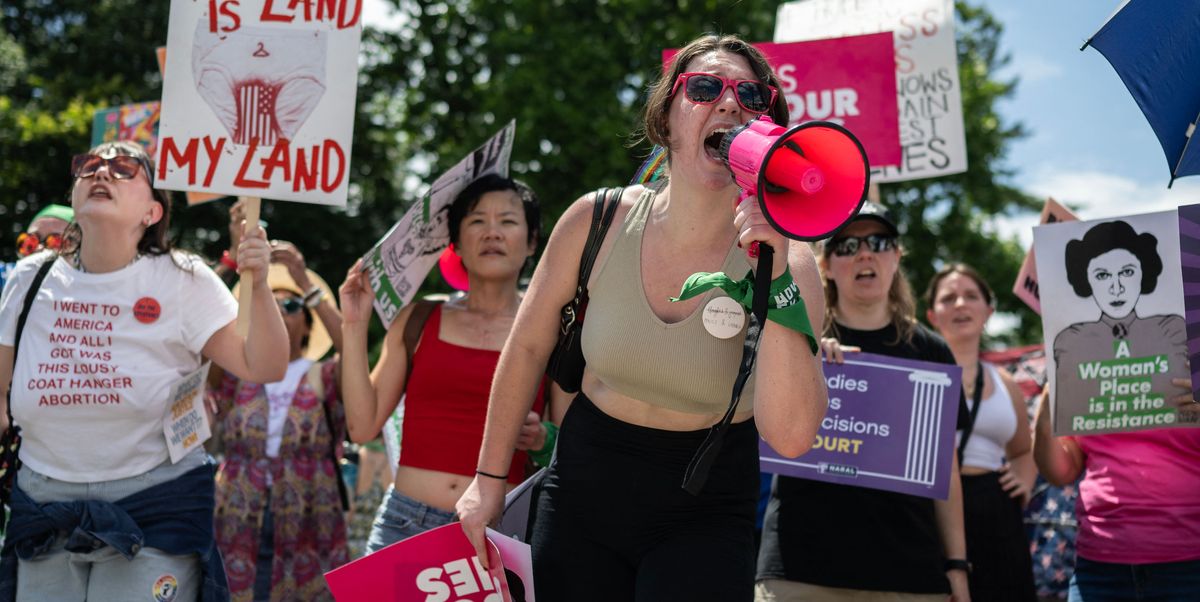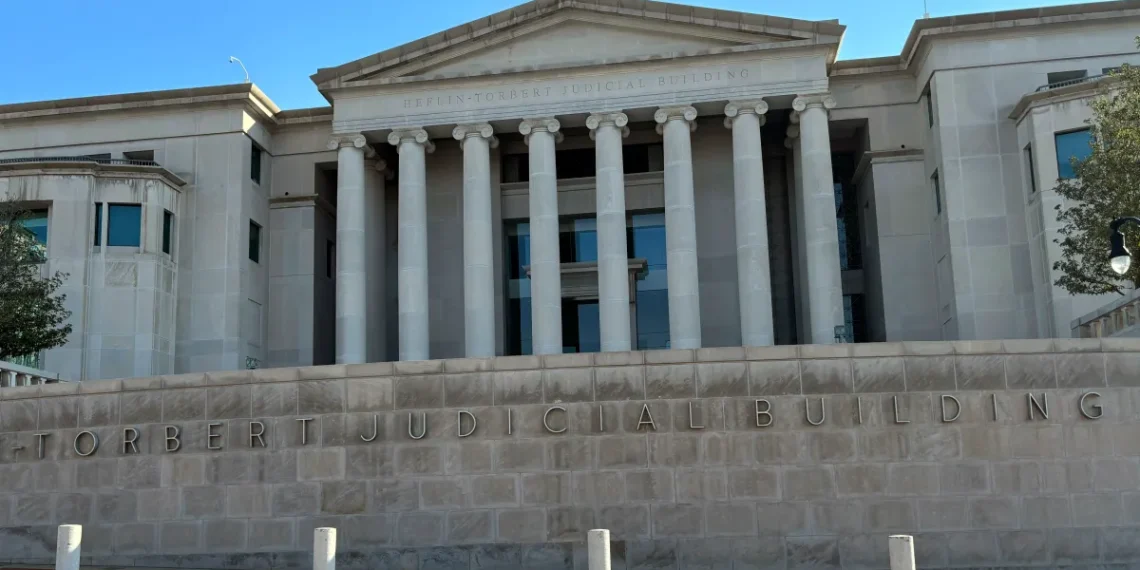The recent Alabama Supreme Court ruling, declaring frozen embryos as children, has stirred significant controversy and raised fears regarding access to IVF treatments.
Critics argue that this unprecedented decision could have a chilling effect on fertility treatment operations in the state and pose challenges for individuals seeking to build families through IVF.
In response to the ruling, Alabama lawmakers are considering legislation to protect in vitro fertilization procedures. House Minority Leader Anthony Daniels has introduced a bill aimed at clarifying that fertilized human eggs stored outside a uterus are not considered human beings under state law.
This move comes amidst concerns from medical experts and critics about the potential legal repercussions faced by IVF clinics and participants.
Alabama Attorney General Steve Marshall has stated that he does not intend to use the court decision to prosecute IVF families or providers. However, at least three fertility treatment facilities in Alabama have already halted certain IVF programs due to legal concerns.
This has led some IVF patients to consider seeking treatment out of state, adding additional financial and emotional burdens.

The ruling’s implications extend beyond Alabama, with experts warning of potential consequences for fertility treatments nationwide. There are concerns that increased liability costs and legal uncertainties may dissuade medical providers from offering infertility treatments.
Additionally, the ruling could result in parents being required to pay lifelong storage fees for embryos they no longer wish to use.
The Alabama Supreme Court’s decision was influenced by two lawsuits filed by parents who underwent IVF procedures and chose to freeze the remaining embryos.
The court’s interpretation of Alabama’s Wrongful Death of a Minor Act has ignited debate and raised questions about the rights of embryos and the future of IVF treatments in the state and beyond.





